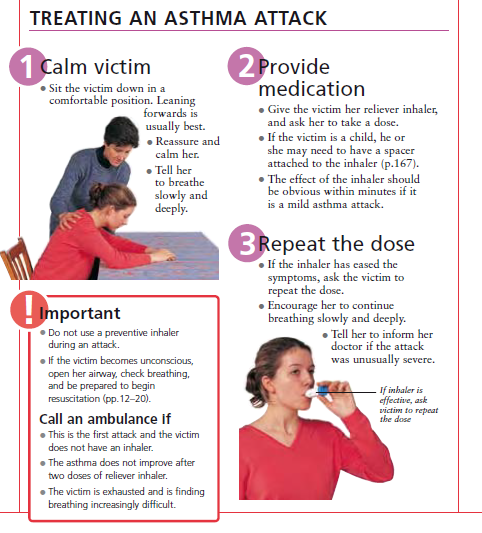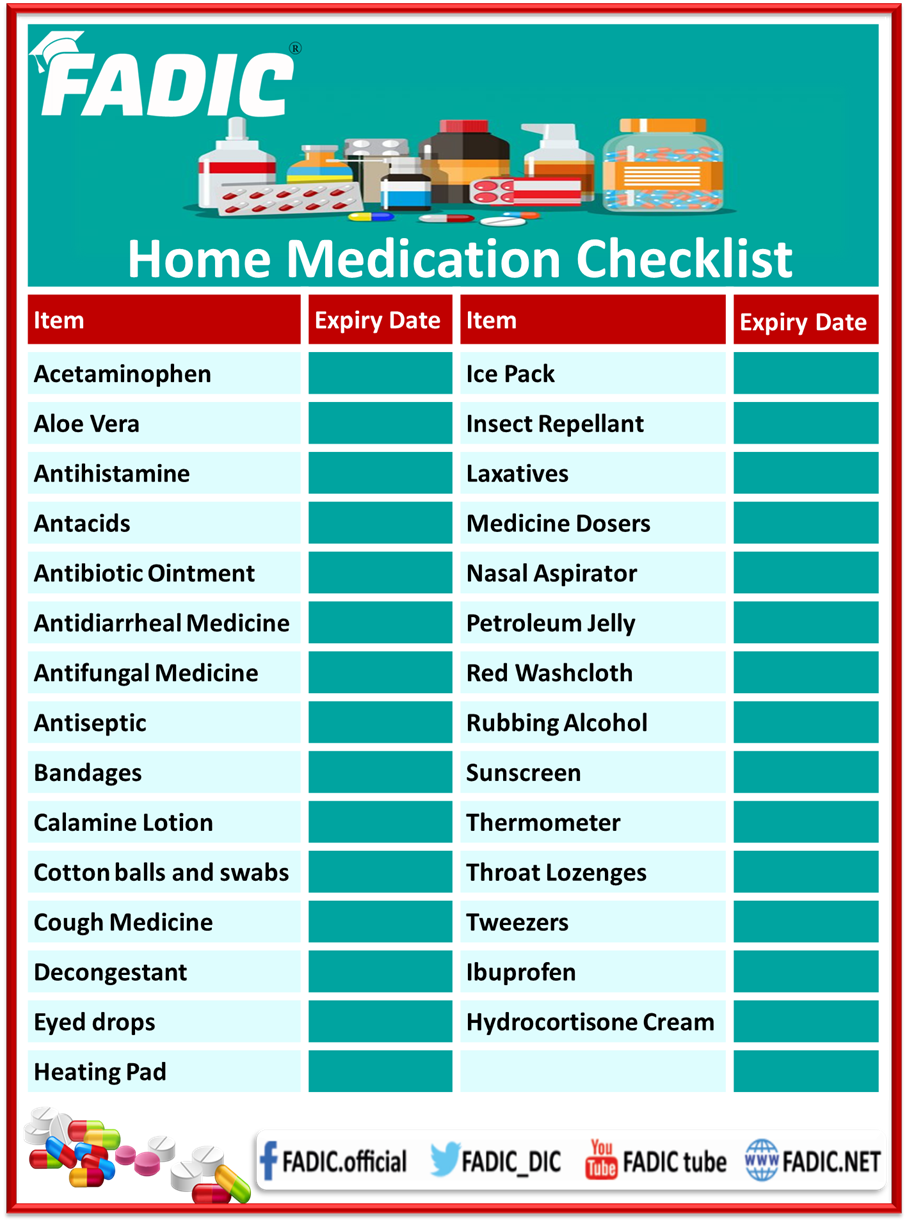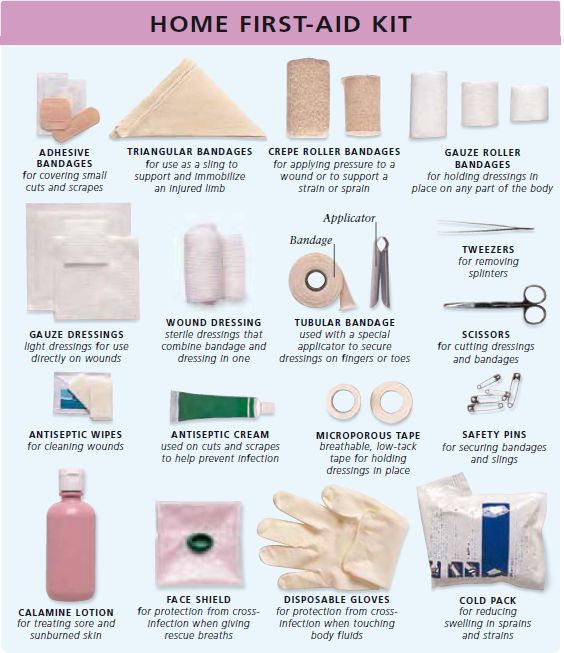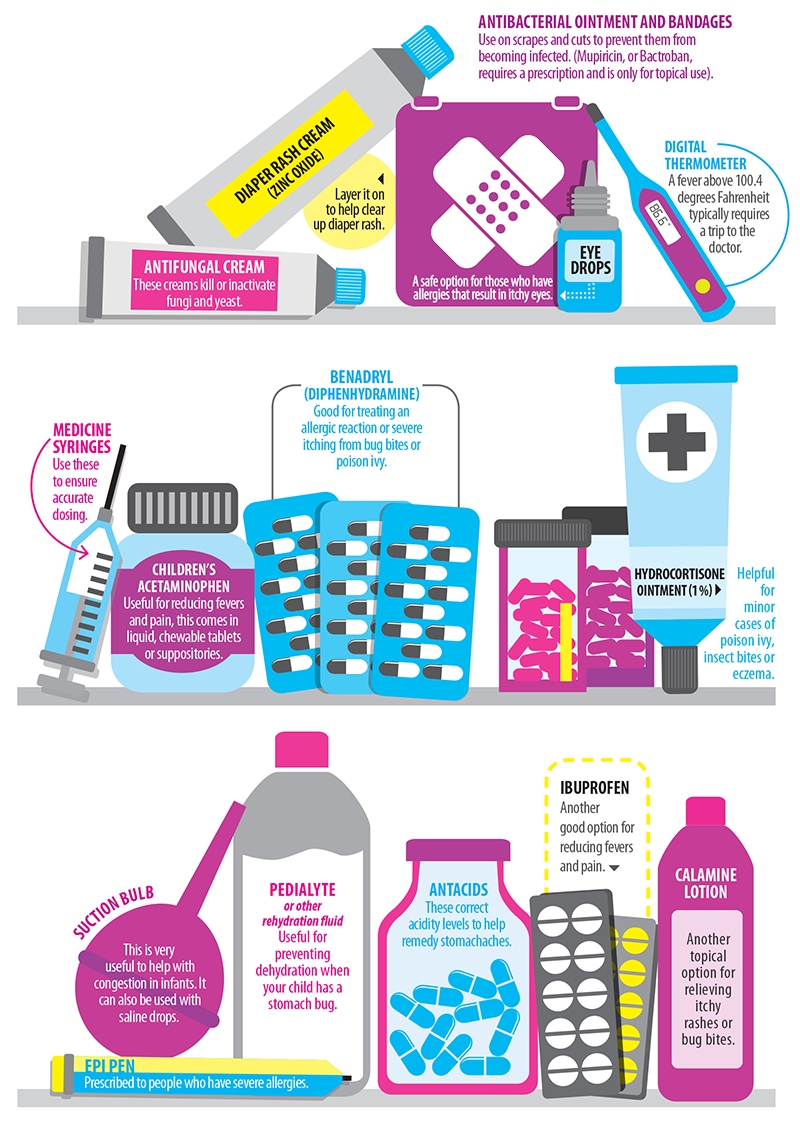The Importance of Home Medication List
The Importance of Home Medication List
Home Pharmacy
- Having a well-stocked Home Medication can save you time, money, and worry.
- While potentially serious injuries or illnesses should always receive prompt, professional medical attention, many of the everyday health problems we face-from splinters and scrapes to headaches and heartburn- can be treated at home.
- By having the right supplies in your Home Pharmacy, you can avoid stressful emergency trips to the drug store, physician’s office, or emergency room.
- Now, FADIC provides you with the home medication list, in addition to the home pharmacy decoration, as FADIC Provide this Service to you.
If you want to design your Home Medication Pharmacy, you can contact FADIC to schedule your Medication Place in your home.
Taking care of your Home Medication Pharmacy:
- In homes with young children, all medical supplies and prescription medication should be kept secure.
- Additionally, even something seemingly as safe as aspirin will cause injury if misused.
- Moreover, it is essential to keep all medication out of the reach of children.
- Review Medicines regularly to avoid possible problems with old medications, which can lose effectiveness or even become harmful.
- Medications identified. Therefore it is essential to keep them in their box with the leaflet.
Medication Storage
- Put in mind the recommended storage conditions for each medicinal product, particularly those to be kept at a specific temperature and in the fridge.
- As well as those that are only effective for a limited time once the container is opened or the preparation is reconstituted, as in the case of some eye drops or syrups.
Top Family illness and How To deal with Them:
Asthma attack
SIGNS & SYMPTOMS
- Breathing becomes difficult
- Frequent dry, wheezy cough
- Difficulty talking
- Gray-blue tinge to the skin

Anaphylactic shock
SIGNS & SYMPTOMS
- Itchy red skin rash
- Swollen face, lips, and tongue
- Anxiety
- Difficulty breathing, wheezing

- Nosebleed

Categories of medicines that you should have in your home pharmacy:

Pain and fever medications:
- Acetaminophen (Tylenol) and ibuprofen (Advil, Motrin) in both adult and child strengths (if you have children).
- In addition, if you have an infant, you may also need infant strengths.
- Moreover, remember that ibuprofen also has anti-inflammatory properties.
Antiseptic solutions:
- Cuts and wounds are cleansed, so your pharmacy should have hydrogen peroxide, Betadine solution, or equivalent.
Topical Antibiotics:
- Fucidin Cream, for example.
- They come in both ointments (greasy but protective) and creams (rubs in quickly) and are considered equally efficacious for preventing and treating minor skin infections.
- Moreover, some topical antibiotics are better for burns — you should have a burn ointment in your pharmacy.
Hydrocortisone:
- This topical steroid is also available in creams and ointments. Used for itching, treating mosquito bites, etc.
Antifungal medications:
- Use for Athlete’s feet or fungal diaper rashes.
- In addition, if the woman in the house is prone to occasional vaginal yeast infections, some miconazole (Monistat) is nice to have available.
Stomach and Intestinal Disorders:
- Include a good stool softener, such as Colace (docusate sodium), or a mild laxative, such as Milk of Magnesia.
- I do not routinely treat minor diarrhoea, but having Kaopectate or even Pepto-Bismol at home would be helpful.
- Additionally, along with Maalox or Mylanta, over-the-counter Tagamet (cimetidine) or Prilosec (omeprazole) would be appropriate.
Salt:
- You can get this from the kitchen, but making your saline (1/4 tsp of salt to 8 oz of water) can be used for gargling or homemade nasal spray/drops.
Antihistamines:
- Drying up a watery nose or controlling itchy allergies.
- Moreover, Benadryl (diphenhydramine) is the most common but can be sedating.
- Claritin (loratadine) lasts longer (24 hours) and is considered non-sedating.
- Both are available in both adult and children formulations.
Decongestants:
- Medications containing pseudoephedrine (Sudafed) or phenylephrine are for stuffy/congested noses.
- They can be stimulating and may interfere with sleep.
- Decongestants also drain mucous, so taking them at night will cause a river of drainage.
- It is best to do this during the day when you can blow your nose.
Cough medicines:
- There are two types: expectorants (make you cough by loosening mucous) and suppressants (control or reduce coughing).
- It is essential to know your goal when you select one.
- Guaifenesin (Mucinex) is a mucous-thinning expectorant.
- Plain Robitussin is a cough expectorant.
- Medicines that contain dextromethorphan (DM), such as Delsym, can suppress a cough.
- Combination medicines, like Robitussin DM, have both an expectorant and a suppressant — sort of make you cough and try to stop it simultaneously!
- Coughing is a NORMAL bodily response to clear the airway, so it does not necessarily need to be controlled, but having a quiet, comfortable night is okay.
Indigestion treatment
- If you have a stomach ache, heartburn or trapped wind, a simple antacid will reduce stomach acidity and bring relief.
- Furthermore, It’s ideal after a celebration or party.
- Antacids come as chewable tablets or tablets that dissolve in water or liquid form.
Sunscreen
- Keep a lotion of at least factor 15. Even brief exposure to the sun can cause sunburn and increase your risk of skin cancer.
- Ensure that your sunscreen provides UVA protection.
- You can protect yourself further against the sun by wearing a hat and sunglasses and avoiding the sun during the hottest part of the day, between 11 am and 3 pm.
Oral rehydration salts
- Fever, diarrhoea and vomiting make us lose water and essential minerals and can lead to dehydration.
- If you have these symptoms and can’t continue your regular diet, oral rehydration salts can help to restore your body’s natural balance of minerals and fluid and relieve discomfort and tiredness.
- But they don’t fight the underlying cause of your illness, such as a virus or bacteria.
- Rehydration salts, available at your local pharmacy, are an easy way to take in minerals and fluid and help your recovery.
First aid
Keep a well-prepared first aid kit in your pharmacy.
This can help treat minor cuts, sprains and bruises and reduce the risk of cuts becoming infected. It should contain the following items:
- Bandages can support injured limbs, such as fractures or sprains. They also apply direct pressure to more significant cuts before treating them in the hospital.
- Plasters: a range of sizes, waterproof if possible.
- Thermometer: digital thermometers you put in your mouth produce very accurate readings. A thermometer under the arm is an excellent way to read a baby’s temperature.
- Antiseptic: this can be used to clean cuts before they’re dressed (bandaged). Most can treat various conditions, including insect stings, ulcers and pimples. Alcohol-free antiseptic wipes are useful to clean cuts.
- Eyewash solution: this will help to wash out grit or dirt in the eyes.
- Sterile dressings: more significant injuries should be covered with a sterile dressing to prevent infection until a health professional can give treatment.
- Medical tape: this is used to secure dressings. It can also be used to tape an injured finger to an uninjured one, creating a makeshift splint.
- Tweezers: for taking out splinters. If splinters are left in, they can cause discomfort and become infected.

Febrile seizures
SIGNS & SYMPTOMS
- Arched back, clenched fists, stiff legs and arms
- Eyes rolled upwards
- Head and body jerking
- High fever

Home Medication Checklist:

Role of Pharmacist:
Your pharmacist can help
- Don’t forget that your local pharmacist can help with minor ailments such as coughs and colds, asthma and eczema, hay fever and period pain.
- They can give advice or, where appropriate, medicines that can help to clear up the problem.
- Instead of booking an appointment with your GP, you can see your local pharmacist any time: walk in.
Conclusion:
- Having a well-stocked Home Pharmacy can save you time, money, and worry.
- By having the right supplies in your Home Pharmacy, you can avoid stressful emergency trips to the drug store, physician’s office, or emergency room.
Read More:
- Antimicrobial Stewardship School
- Sepsis Training Program
- Download Pocket Guide for Antibiotic Pharmacotherapy Book
- Microbiology Course | ABC Bacteria
- Infectious Disease E-News | FREE Subscription
- ABC antimicrobials | Know all about the Antimicrobials
- Road Map to Antimicrobial Stewardship Training Program
- Register Now in FADIC Clinical Research School
- FADIC Drug Information Fellowship
- Buy FADIC Toolkit for Writing Research to Write a Great Research Paper
- Read 10 Skills You Must Learn to Do Research via Google Scholar in Arabic
- The FADIC Online Continuous Medical Improvement Programs & Mini-Courses.
- Check Now FADIC Book store and Buy books in different specialities.
- Watch Now FADIC TV to Keep Yourself Updated.
- FADIC Podcast focuses on varieties of pharmacist perspectives in different specialities.
- Subscribe Now to FADIC 2020 Daily News (FNN) and Keep Updated.
- Check Now about Coronavirus Resource Information Center.

 Log in
Log in Sign up
Sign up
